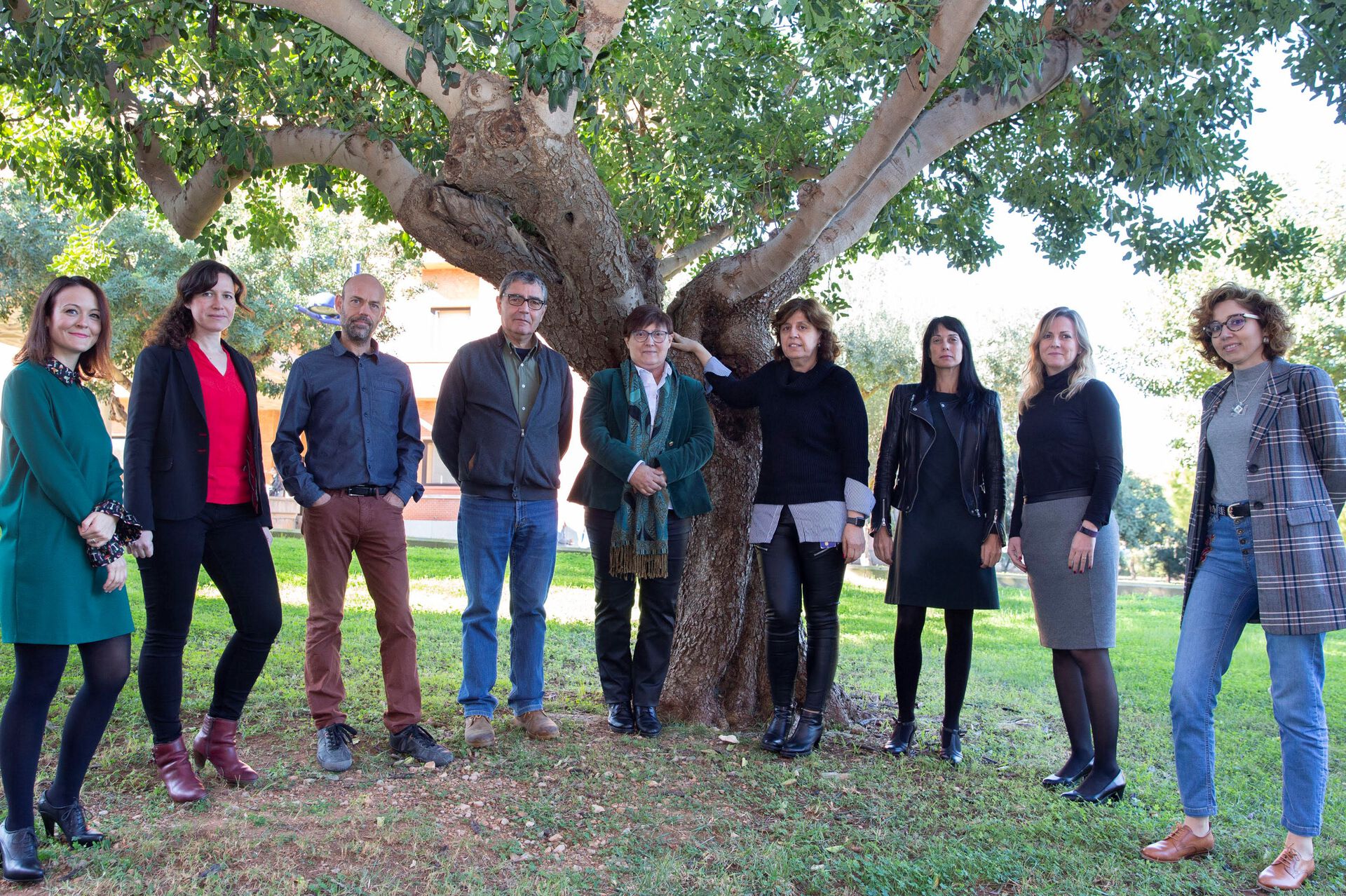
The authors are all members of the SoGReS-MF Research Group and Interuniversity Research Institute for Social Development and Peace, Universitat Jaume I, Castellón de la Plana, Spain.
The hospitality industry plays an important role in the EU given its economic and employment potential, and its social and environmental implications. Nowadays, however, the tourism sector, and especially hospitality industry, is amongst the worst affected of all major economic sectors in the worldwide outbreak of COVID-19 pandemic. The Sustainability Finance Research Group of Universitat Jaume I, Castellón de la Plana, Spain, led by M. Angeles Fernandez Izquierdo, has carried out research exploring the strategic consistency of reporting on the UN Sustainable Development Goals (SDGs). The aim has been to analyze whether the level of consistency differs depending on the level of connection of SDG with the Circular Economy concepts. The first results of this research will be included in a paper entitled “Bridging the gap between circular economy and sustainability. An empirical exploration in the hospitality industry” to be presented at the “Daughters of Themis” Quinquennial Conference on 15 October 2020.
An empirical analysis in the hospitality industry
The empirical analysis of this research is carried out in the hospitality industry through the lens of a practical case study. While the worldwide COVID-19 crisis makes hospitality vulnerable, it also puts the industry in a unique position to improve, with inclusivity, sustainability and responsibility. To build for the future, special attention should be placed on building resilience and on promoting sustainability and circular economy at all levels in a consistent and strategic way. However, in academia the question about the relationship between the SDGs and the Circular Economy in the hospitality industry remains unanswered.
This research has selected as its the case ‘Hilton Worldwide Holding Inc’, one of the largest hotel groups aiming to be sustainable in developing hospitality companies in the world The empirical analysis is based on a selection of SDG-related information published in the Hilton corporate sustainability report that was published in 2020. This analysis shows the level of integration and consistency of the SDGs in the reporting and it is useful to understand the strategic contribution of the corporate group to SDGs.
Consistency of corporate sustainability report with SDGs
For the purpose of our research, we assessed notably to what extent the materiality analysis, corporate targets and performance indicators defined by companies in their sustainability reports, are consistent with SDGs clearly related to the business. After exploring the corporate sustainability report of the Hilton Worldwide Holding, we found that the SDGs with a higher consistency are the goal 11 (Sustainable Cities and Communities), goal 12 (Responsible Consumption and Production) and goal 13 (Climate Action). We identified a large number of SDG-related targets that either do not correspond with any material aspect or are not associated with a SDG where the hotel can clearly contribute. This implies that there is a room for improvement in the adoption of SDGs in the reporting.
Circular Economy and SDGs reporting
With respect to the relationship between SDGs and Circular Economy, this study highlights that the great majority of material aspects of the hotel industry are connected with Circular Economy. Moreover, those SDGs that present a high degree of consistency also present a clear relationship with the Circular Economy approach. However, those practices connected with Circular Economy, like the reduction of waste and the management of water, as well as the indicator “environmental footprint”, are carried out in an isolated way and not a consistent approach throughout the report. This means that, in the hotel industry, the Circular Economy approach offers a great potential to boost the corporate sustainability performance and to perform a strong contribution to the achievement of the related SDGs. However, more work is needed in the industry practice to realise this potential – and it should be followed up with research to investigate further the role that the Circular Economy approach can play in realizing the SDGs.